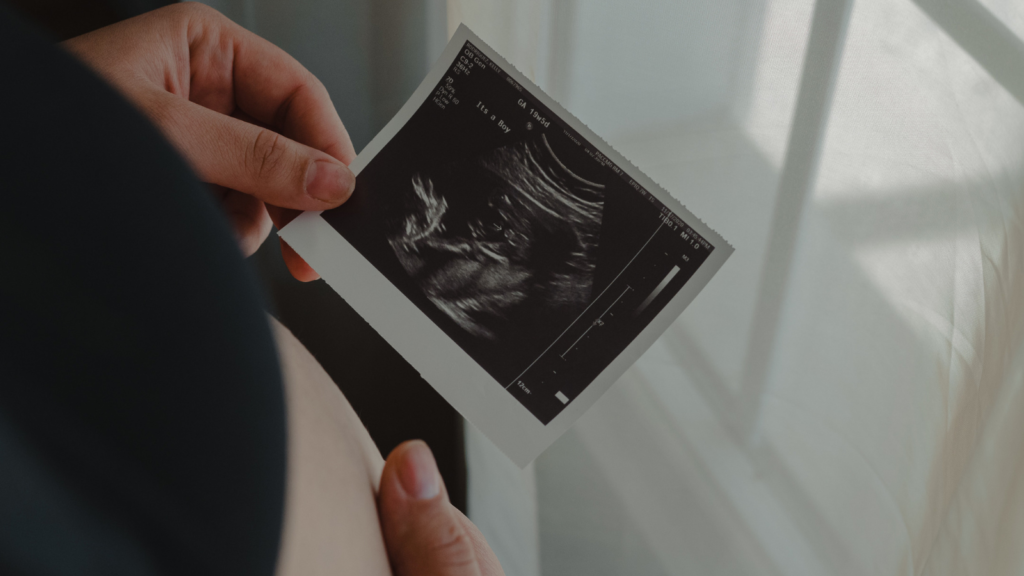A Guide to Managing Pregnancy Discomforts

Pregnancy is a beautiful and transformative experience, but it often comes with its share of discomforts. From morning sickness to backaches and swollen feet, these discomforts can test a mother-to-be’s resilience. However, understanding and managing these common discomforts can significantly enhance your pregnancy journey. Here’s a comprehensive guide on handling some of the most prevalent pregnancy-related discomforts
Nausea and Morning Sickness
Nausea and vomiting, commonly known as morning sickness, affect many pregnant women, especially in the first trimester. To manage this, try eating small, frequent meals throughout the day to keep your stomach from being empty. Ginger tea or candies and avoiding strong smells may also provide relief. Consulting your healthcare provider for safe remedies is recommended.
Back Pain
As your baby grows, the additional weight can cause strain on your back, leading to discomfort. Practicing good posture, using supportive pillows while sleeping, and gentle exercises like prenatal yoga or swimming can help alleviate back pain. Additionally, seeking professional guidance from a physical therapist or chiropractor specializing in prenatal care might offer significant relief.
Swelling
Swelling, particularly in the feet and ankles, is a common occurrence during pregnancy due to increased fluid retention. Elevating your legs while resting, avoiding standing or sitting for extended periods, staying hydrated, and wearing comfortable, supportive shoes can help reduce swelling. However, sudden or severe swelling should be reported to your healthcare provider as it could be a sign of a more serious condition.
Heartburn and Indigestion
The hormonal changes during pregnancy can relax the muscles of the digestive tract, leading to heartburn and indigestion. Eating smaller meals, avoiding spicy and greasy foods, and staying upright after meals can help manage these discomforts. Your doctor may also recommend safe antacids to relieve heartburn symptoms.
Varicose Veins
Increased blood circulation and pressure on the veins from the growing uterus can cause varicose veins in the legs. Wearing compression stockings, elevating your legs, and regular exercise can assist in reducing discomfort. Discussing these symptoms with your healthcare provider is advisable.
Remember, every pregnancy is unique, and what works for one person may not work for another. Always consult your healthcare provider before trying new remedies or treatments to ensure they are safe for you and your baby.
Managing common pregnancy discomforts is an essential aspect of ensuring a more comfortable and enjoyable pregnancy experience. By staying informed and taking proactive measures, you can navigate these challenges more effectively, promoting a healthier and happier journey into motherhood.
Disclaimer: The information provided in this knowledge base is intended for educational and informational purposes only. It is not a substitute for professional medical advice, diagnosis, or treatment. Always seek the advice of your healthcare provider or qualified medical professional with any questions you may have regarding pregnancy, childbirth, or parenting. Every individual’s situation is unique, and healthcare decisions should be made in consultation with a licensed healthcare provider who can provide personalized guidance based on your specific circumstances and medical history.







Responses